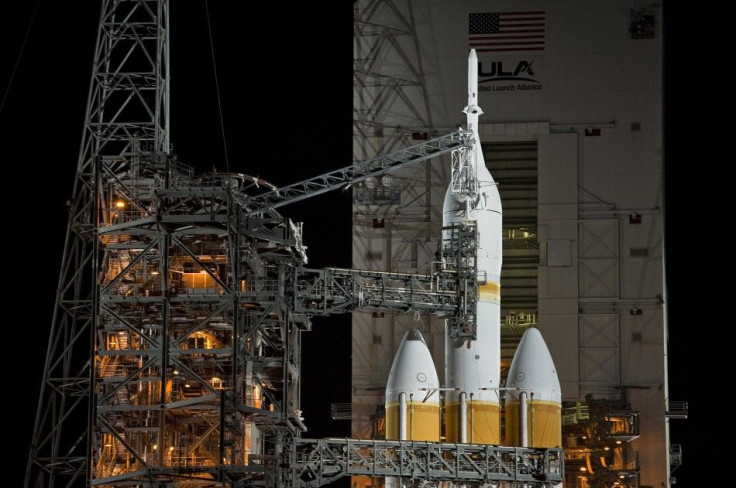One Step Closer To Space Travel

5, 4, 3, 2, 1... and we have liftoff! One can almost imagine these words being uttered by NASA officials during the test launch of NASA's newest baby, the Orion spacecraft. Despite a one-day delay, the test launch, which took place in Cape Canaveral in Florida, seemed to go fairly smoothly.
The Orion capsule lifted off at 7.05 am (12.05 GMT) from the launch base. The capsule sat atop a powerful Delta IV rocket that facilitated the launch. After its successful launch, the capsule then orbited the Earth twice and safely splashed down in the waters of the Pacific. In the amount of time that one travels from Australia to perhaps one of the Fiji Islands; the Orion capsule completed its journey, from liftoff to splash-back; it took a total of four hours and 24 minutes.
The reactions from NASA officials was certainly celebratory. The jubilant tweet "Liftoff! #Orion's flight test launches a critical step on our #Journey to Mars" was one of the first reactions from NASA. On the capsule being sighted near the Pacific waters, mission control commentator, Rob Navias remarked "There's your new spacecraft, America." NASA's chief administrator, Charles Bolden, who happily watched the launch with his wife, later said, "The first humans who will set foot on Mars are alive on Earth today." The test launch proved that although NASA's current computer systems could use some work, their rocket systems are not only faultlessly designed, they are also one of the fastest and most effective on the planet.
NASA's newest spacecraft cost approximately $350 million and is considered to be one of the fastest ever built. The test launch also tested the ability of the spacecraft to withstand high speed space travel as well as extreme temperatures. The capsule's safety features were deemed effective when it safely withstood temperatures of around 2,200 C while hurtling back to Earth from space.
Based on the successful launch and orbit, NASA is encouraged about it's future projects to send in astronauts to the Moon and hopefully even to Mars. However, due to budget restrictions, the next space flight is unlikely to occur before 2018.





















